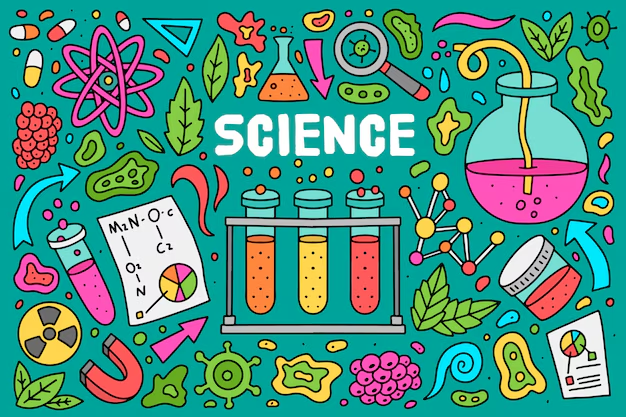Course Overview
This course builds upon the foundational knowledge from Class 9, delving deeper into scientific concepts and their applications. It prepares students for board examinations and fosters a scientific temper.
Course Structure
- Chemical Reactions and Equations
- Types of chemical reactions
- Balancing chemical equations
- Applications of chemical reactions
- Acids, Bases, and Salts
- Properties and reactions of acids and bases
- pH scale and its importance
- Common salts and their uses
- Metals and Non-Metals
- Physical and chemical properties
- Reactivity series
- Corrosion and prevention
- Carbon and Its Compounds
- Covalent bonding in carbon
- Versatile nature of carbon
- Important carbon compounds and their properties
- Periodic Classification of Elements
- Early attempts at classification
- Modern periodic table
- Trends in the periodic table
- Life Processes
- Nutrition, respiration, transportation, and excretion in organisms
- Control and Coordination
- Nervous system in humans
- Hormones in animals and plants
- How Do Organisms Reproduce
- Modes of reproduction in plants and animals
- Human reproductive system
- Heredity and Evolution
- Mendel’s laws of inheritance
- Evolution and classification
- Light – Reflection and Refraction
- Laws of reflection and refraction
- Image formation by mirrors and lenses
- Power of lens
- Human Eye and the Colourful World
- Structure and function of the human eye
- Defects of vision and their correction
- Atmospheric refraction phenomena
- Electricity
- Ohm’s law, resistance, and factors affecting it
- Series and parallel circuits
- Heating effect of electric current
- Magnetic Effects of Electric Current
- Magnetic field and field lines
- Electromagnetic induction
- Electric motor and generator
- Sources of Energy
- Conventional and non-conventional sources
- Environmental consequences
- Our Environment
- Ecosystem and its components
- Ozone layer and its depletion
- Waste management
- Sustainable Management of Natural Resources
- Conservation and judicious use of resources
- Water harvesting and forest conservation
Practical Work
- Experiments based on the above topics
- Maintaining a practical record book
Class Schedule
- Duration: Academic Year
- Frequency: 3 sessions per week
- Mode: Hybrid (Online and Offline)
Study Materials
- NCERT Textbook for Class 10 Science
- Supplementary notes and practice worksheets
- Access to recorded lectures and doubt-clearing sessionsAssessments
- Weekly quizzes and assignments
- Monthly tests covering multiple units
- Term-end examinations simulating board patterns
A course by
K






